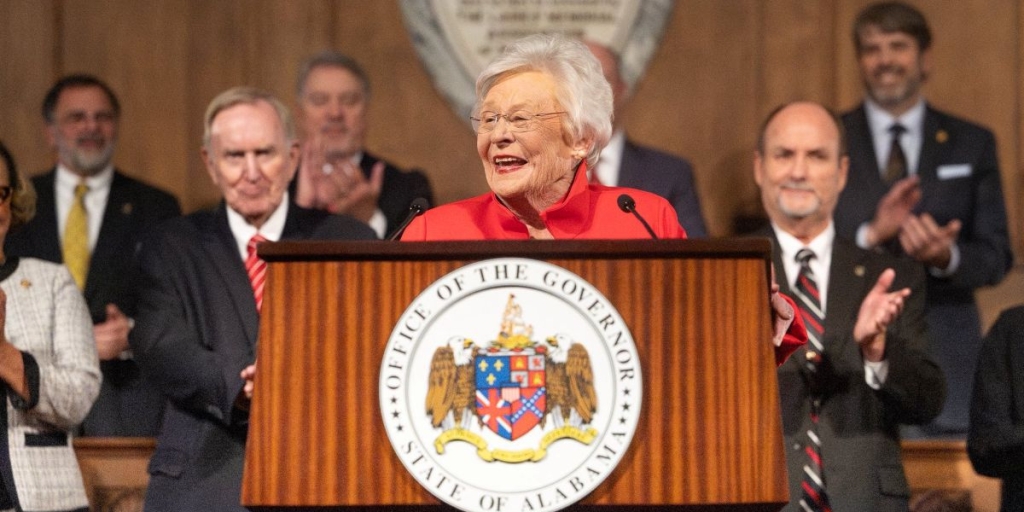The Alabama Department of Mental Health (ADMH) is addressing problems associated with childhood trauma and the impact it has on a child’s success by launching a pilot program designed to better equip providers to address childhood trauma. The ultimate goal of the initiative is to expand trauma-informed care to every provider working with adolescents across the state.
ADMH Commissioner Kim Boswell explained the critical role that early intervention plays in a child’s future well-being and educational success. Speaking at an ADMH Board meeting on Friday, Boswell highlighted the importance of recognizing trauma-triggered behaviors in children and addressing them effectively.
“A lot of times we hear about children and their behavior, and that’s the problem in the classroom; well, part of the answer to that is to understand when a child is being triggered because of trauma and where that behavior is coming from,” Boswell said.
ADMH is partnering with Gateway, a Birmingham-based nonprofit specializing in child and family services, to bring this training to as many care providers as possible. Gateway has secured a federal grant from the Substance Abuse and Mental Health Services Administration to train its staff in Trauma Systems Therapy. This model brings together clinical and organizational strategies to address trauma effectively.
The pilot program will first provide Trauma Systems Therapy training to ADMH leadership, as well as infant and early childhood mental health consultants in First Class Pre-K, school-based mental health therapists, and public school mental health service coordinators.
Despite requesting $1 million in funding from the state’s 2026 budget to support the initiative, the recommended budget from Gov. Kay Ivey did not include the request. However, Boswell said that ADMH remains committed to finding alternative funding sources to move forward with the initiative.
“We didn’t get the $1 million in Education Trust Fund dollars; it is a one-time investment, and we feel strong enough about it that we’re just going to find the money to do it,” Boswell stated. “Of all the things in this budget, the best investment that you could make in kids is that.”
ADMH states that the success of the pilot program will be measured by a reduction in child welfare relinquishments, an increase in foster care participation, and overall improvements in children’s mental health. If proven effective, ADMH hopes to expand the initiative statewide to ensure every provider working with children is equipped with trauma-informed training.
Providing children with caretakers and teachers who are trained to identify their trauma-related needs will improve the chances for them to develop into productive, happy adults who are equipped to give back to society.
Sherri Blevins is a writer for Mountain Valley News and a staff writer for Yellowhammer News. You may contact her at [email protected].













